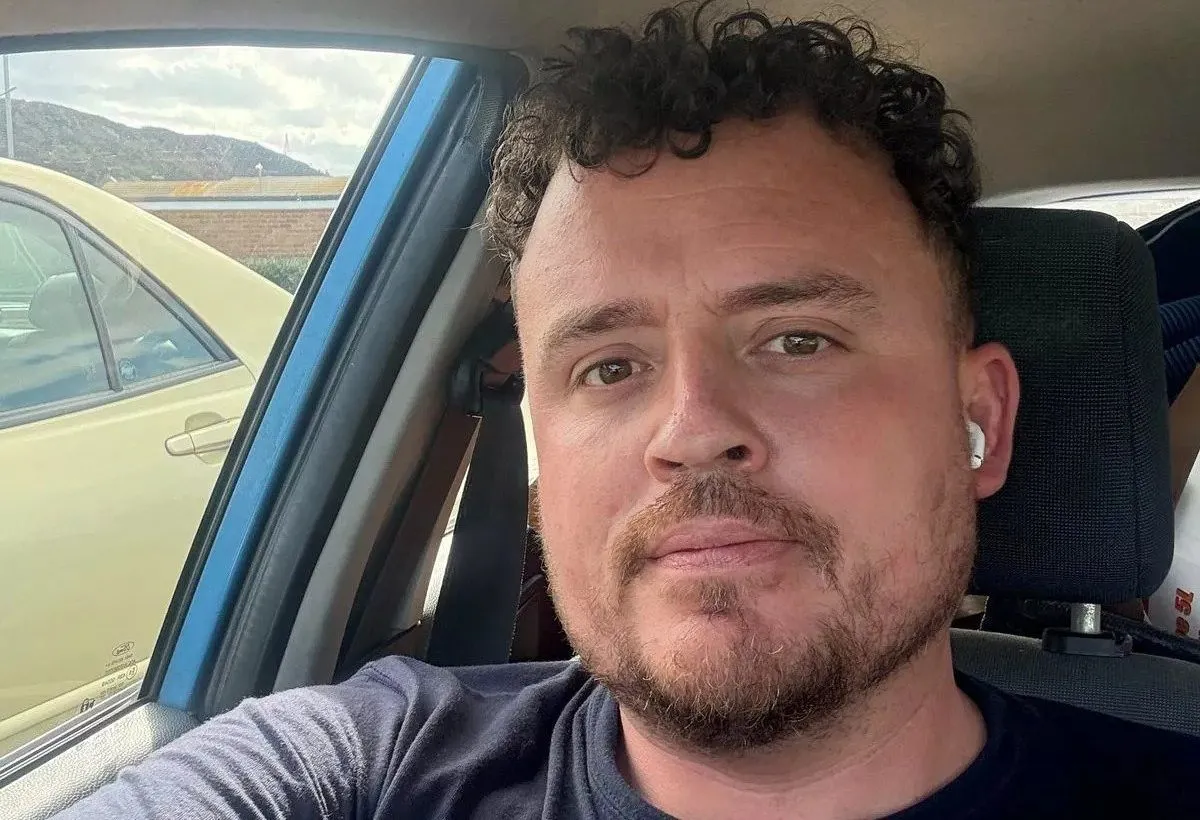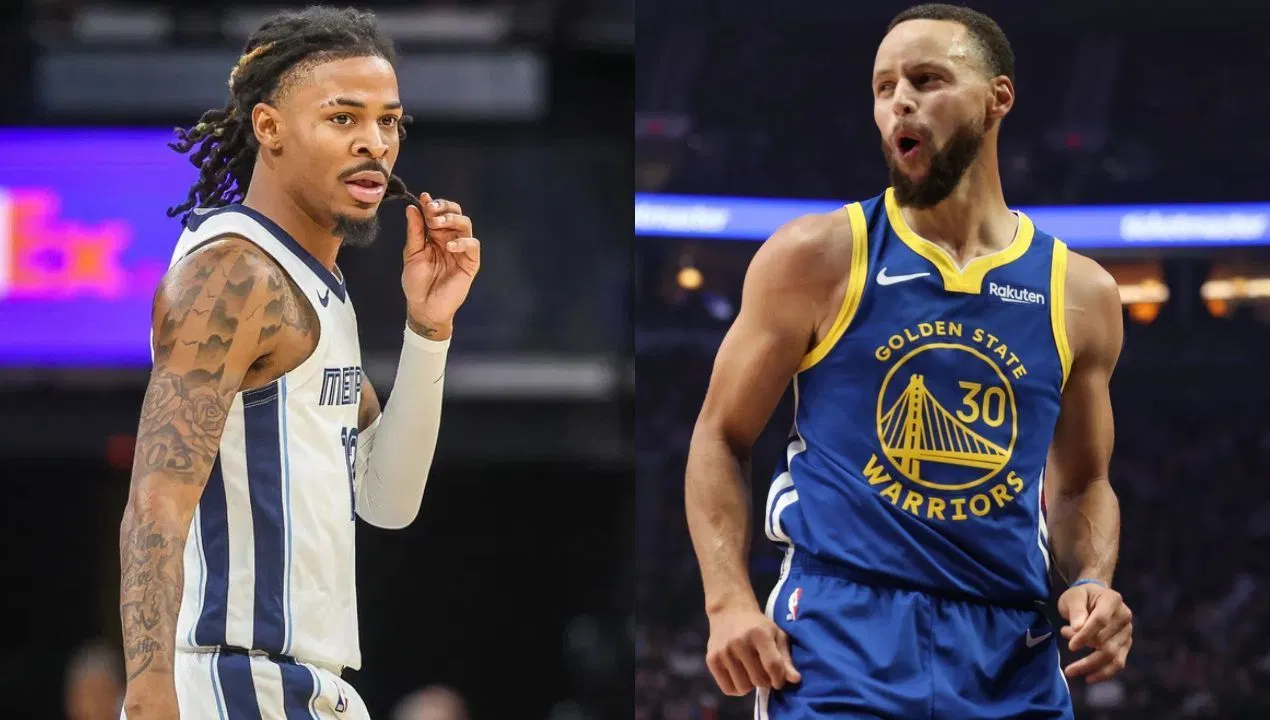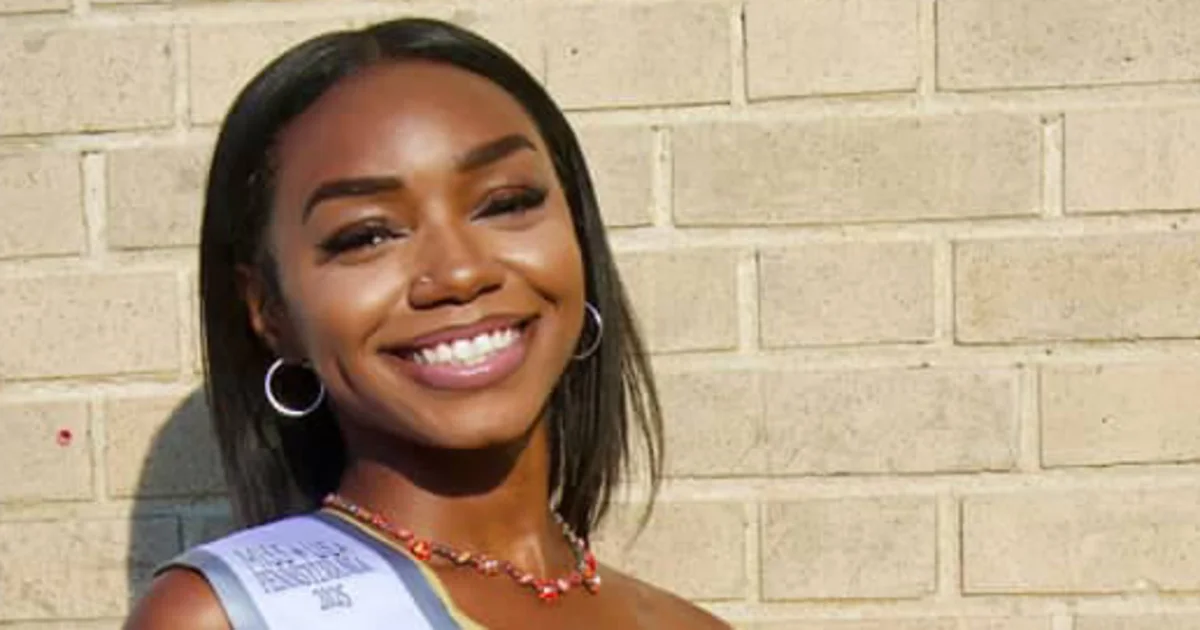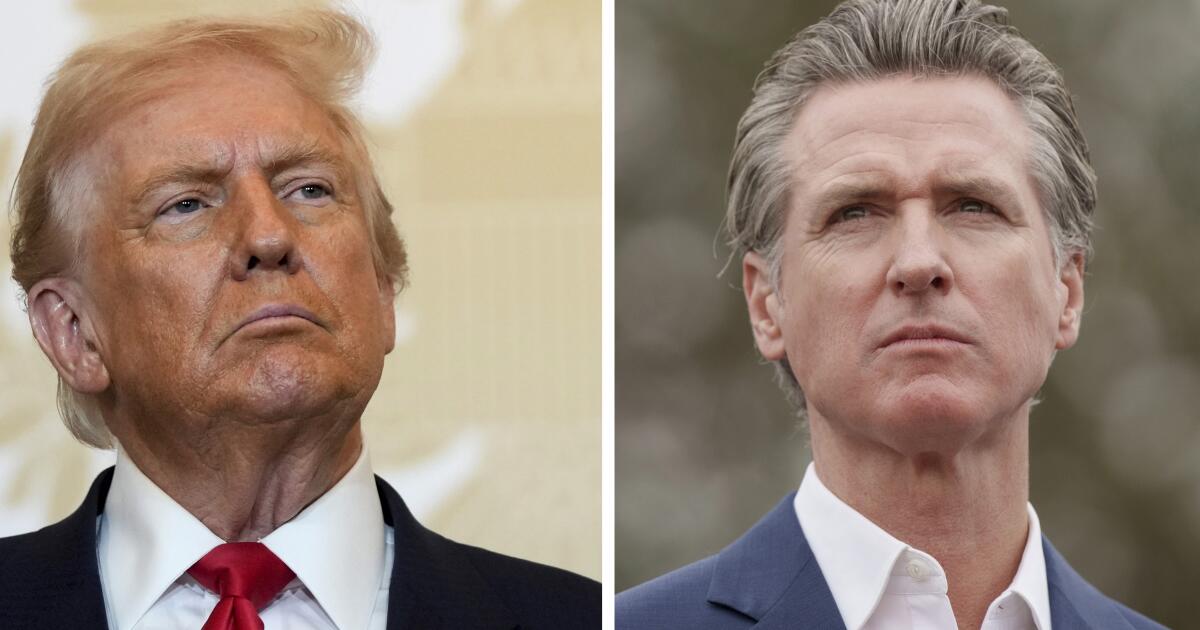Copyright St. Paul Pioneer Press
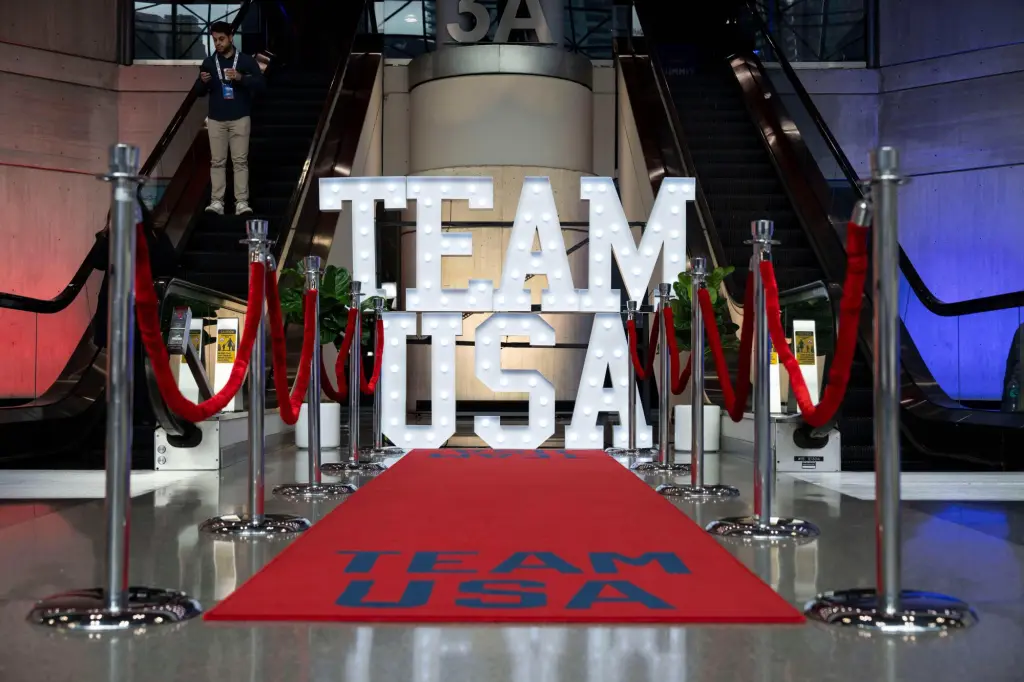
To place an obituary, please include the information from the obituary checklist below in an email to obits@pioneerpress.com. There is no option to place them through our website. Feel free to contact our obituary desk at 651-228-5263 with any questions. General Information: Your full name, Address (City, State, Zip Code), Phone number, And an alternate phone number (if any) Obituary Specification: Name of Deceased, Obituary Text, A photo in a JPEG or PDF file is preferable, TIF and other files are accepted, we will contact you if there are any issues with the photo. Ad Run dates There is a discount for running more than one day, but this must be scheduled on the first run date to apply. If a photo is used, it must be used for both days for the discount to apply, contact us for more information. Policies: Verification of Death: In order to publish obituaries a name and phone number of funeral home/cremation society is required. We must contact the funeral home/cremation society handling the arrangements during their business hours to verify the death. If the body of the deceased has been donated to the University of Minnesota Anatomy Bequest Program, or a similar program, their phone number is required for verification. Please allow enough time to contact them especially during their limited weekend hours. A death certificate is also acceptable for this purpose but only one of these two options are necessary. Guestbook and Outside Websites: We are not allowed to reference other media sources with a guestbook or an obituary placed elsewhere when placing an obituary in print and online. We may place a website for a funeral home or a family email for contact instead; contact us with any questions regarding this matter. Obituary Process: Once your submission is completed, we will fax or email a proof for review prior to publication in the newspaper. This proof includes price and days the notice is scheduled to appear. Please review the proof carefully. We must be notified of errors or changes before the notice appears in the Pioneer Press based on each day’s deadlines. After publication, we will not be responsible for errors that may occur after final proofing. Online: Changes to an online obituary can be handled through the obituary desk. Call us with further questions. Payment Procedure: Pre-payment is required for all obituary notices prior to publication by the deadline specified below in our deadline schedule. Please call 651-228-5263 with your payment information after you have received the proof and approved its contents. Credit Card: Payment accepted by phone only due to PCI (Payment Card Industry) regulations EFT: Check by phone. Please provide your routing number and account number. Cash: Accepted at our FRONT COUNTER Monday – Friday from 8:00AM – 3:30PM Rates: The minimum charge is $162 for the first 10 lines. Every line after the first 10 is $12.20. If the ad is under 10 lines it will be charged the minimum rate of $162. On a second run date, the lines are $8.20 per line, starting w/ the first line. For example: if first run date was 20 lines the cost would be $164. Each photo published is $125 per day. For example: 2 photos in the paper on 2 days would be 4 photo charges at $500. Deadlines: Please follow deadline times to ensure your obituary is published on the day requested. Hours Deadline (no exceptions) Ad Photos MEMORIAM (NON-OBITUARY) REQUEST Unlike an obituary, Memoriam submissions are remembrances of a loved one who has passed. The rates for a memoriam differ from obituaries. Please call or email us for more memoriam information Please call 651-228-5280 for more information. HOURS: Monday – Friday 8:00AM – 5:00PM (CLOSED WEEKENDS and HOLIDAYS) Please submit your memoriam ad to memoriams@pioneerpress.com or call 651-228-5280. By EDDIE PELLS and STEPHEN WHYNO, Associated Press NEW YORK (AP) — The stakes for all these U.S. skiers, skaters, snowboarders and sliders over the next 100 days could not be more clear. A chance for Olympic glory. A chance to compete for a gold medal. And this year, for the first time, a chance to make $100,000. Thanks to a recent record $100 million donation to the U.S. Olympic and Paralympic Foundation, athletes who make the U.S. Olympic or Paralympic teams starting next year in Milan-Cortina will be eligible to receive a $100,000 award when they retire. It’s a game-changing piece of news for Olympic athletes, most of whom toil in obscurity outside of the two weeks the lights go on at the Games, and many of whom live in or near poverty: According to the foundation, some 57% of U.S. athletes earn $50,000 or less a year. “At the age of 25, 26, I definitely was like: ‘I can’t do this to (my family) anymore. I can’t continue living in my car. I have student loans. I have to get on with my life,’” said biathlete Deedra Irwin, who is now 33 and has made ends meet by everything from dog sitting to joining the Vermont National Guard. Though Wednesday marked the 100-days-out point on the Olympic calendar, only a small slice of the approximately 225 Olympic and 65 Paralympic spots on Team USA in Italy have been locked up. The majority of those spots will be earned based on athletes’ finishes in upcoming World Cup events being held across the globe over the next few months. So, while many of these athletes have heard the stories about how the Olympics can change their lives — usually through sponsorships, speaking engagements and talk-show appearances that spring from inspiring performances — never before has the promise of cold hard cash been dangled quite like this. “As an athlete, you don’t put into a 401K,” Paralympian Oksana Masters said. “We don’t have those traditional jobs of paying into that kind of stuff. It’s about time that we’ve done this.” There are a few catches, mostly that the money will be divided into four payments and won’t go into bank accounts until 20 years after the athletes retire, or when they reach 45 — whichever comes later. (The math is interesting for snowboarder Nick Baumgartner, who will be 44 next year and hopes to extend his career through Salt Lake City in 2034.) The grant also funds a $100,000 life insurance policy for a beneficiary. Both the award and the insurance are accrued each time an athlete makes the Olympics, meaning, for instance, someone who makes it three times would receive $600,000 in total benefits. “We’ve received other transformational gifts, but this has reflected a shift in how we’re able to holistically care for our athletes,” USOPF president Christine Walshe said. The $100 million came from Ross Stevens, the founder and CEO of Stone Ridge Holdings Group, a finance firm that focuses on “nontraditional” investment options such as crypto and fine art. It was the biggest single donation to the USOPF, which started operation in 2013 — the brainchild of former Olympic leader Peter Ueberroth, who helped turn the Olympics into a moneymaker, in part out of necessity because the U.S. government does not fund its Olympic athletes. With most of the next decade’s TV and sponsorship dollars accounted for, the foundation will need to bankroll improvements in athlete benefits for the foreseeable future. Walshe said the charitable arm is projecting to account for 27% of the USOPC’s revenue this Olympic cycle, compared to 12% from 2021-24. The foundation’s contributions are directed toward athlete-centered programs that focus on performance and innovation, health and wellness, and career placement and economic mobility. Never before has the economic mobility part looked as simple as this: Make the Olympics, get $100,000. “The $100,000 definitely motivates all of us to make that team,” cross-country skier Gus Schumacher said. “Cross-country isn’t generally huge money, and $100,000, especially for the people that maybe are on the edge of the team, is going to be a lot.”
